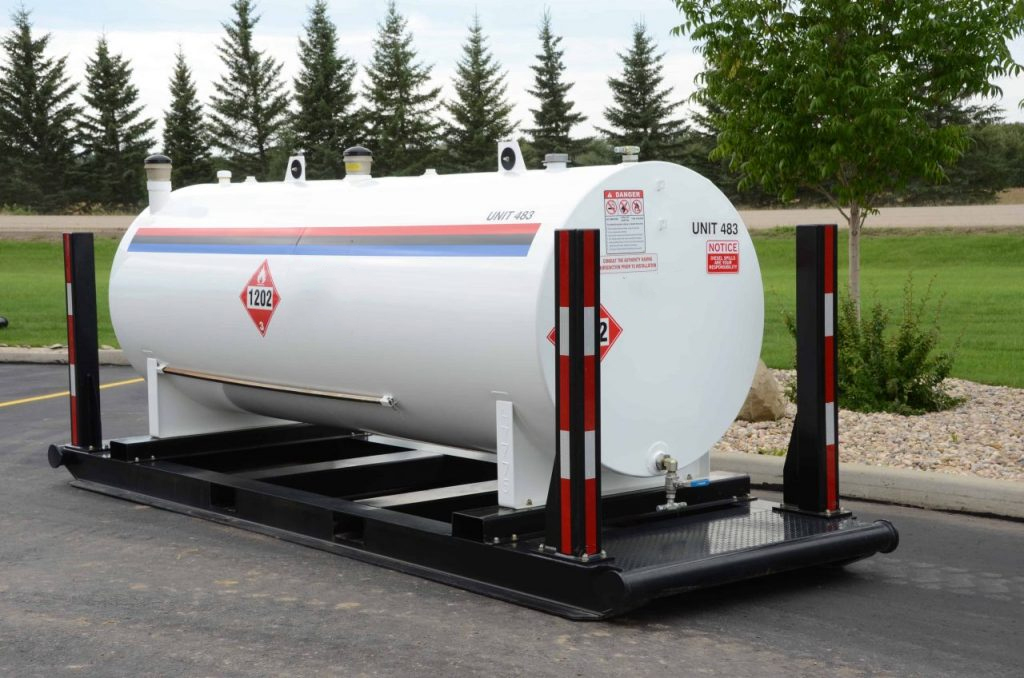
When it comes to safely storing, accessing and transporting diesel, high-quality diesel tanks are absolutely essential. If you’re buying a diesel tank for the first time, the process may not be as straightforward as expected. Diesel tanks are manufactured in a variety of sizes, capacities and coatings to suit different environments and climates. Therefore, when it comes to choosing the right diesel tank for your needs, there are a surprising number of things you’ll need to consider before making any final purchase decisions. This article will go over the benefits of diesel tanks, installation and maintenance best practices, and several critical considerations you should think about before committing to any specific diesel tank.
H2: The Benefits of Diesel Tanks
Diesel tanks offer a number of surprising advantages over other conventional fuel storage options. The biggest benefit by far is the real cost-savings you can enjoy by switching to diesel tanks. Diesel is known for being less prone to sudden and crushing price fluctuations that are often associated with petroleum, and when used with equipment that’s engineered for improved fuel economy, diesel is consistently more affordable, making diesel tanks a well worthwhile investment.
H2: Installation & Maintenance
When installing diesel tanks, it should go without saying that you need to comply with all local and national codes and safety standards. This includes ensuring the tank is located in a safe and accessible location, and that it’s properly anchored to prevent movement or tipping. The tank should also be equipped with appropriate spill and leak containment systems to prevent environmental damage in the event of a failure.
In terms of maintenance, regular inspections and cleaning of the tank and its associated equipment is important to ensure its continued safe and proper operation. It’s also important to monitor the tank’s contents and ensure that the fuel is being stored at an appropriate temperature to prevent microbial (bacterial) growth. Ideally, the diesel tank you buy will also have some kind of leak detection system installed within the tank itself which will detect any leaks or spills as soon as they emerge.
H2: Considerations When Buying a Diesel Tank
When it comes to choosing the right diesel tanks for your needs, there are several critical factors to consider. The most important thing to get right at this stage is accurately determining the quantity of diesel you need which will therefore determine the size of the tank that best suits your needs and specific use case. This is because overestimating at this stage will make it likely that you’ll buy a tank that’s far over the capacity you require, which will then lead to wasted fuel. On the other hand, underestimating this amount will mean that you could potentially stall the finishing date for your project due to having to procure additional fuel.
You also need be aware of the material or coating used for the tank and choose one that best suits the environment or climate you’ll be operating in. For instance, if the diesel tanks you’re using will be exposed to outdoor elements like rain or snow, make sure you choose a tank made from a material that’s resistant to corrosion. A polyethylene tank could be a good choice for this situation.
Ideally, only use tanks from suppliers with a longstanding industry reputation as well as plenty of customer feedback and reviews. While even the best suppliers and manufacturers will make errors from time to time, choosing to only buy diesel tanks from companies with a solid track record is the best way to mitigate any risks and ensure quality.
